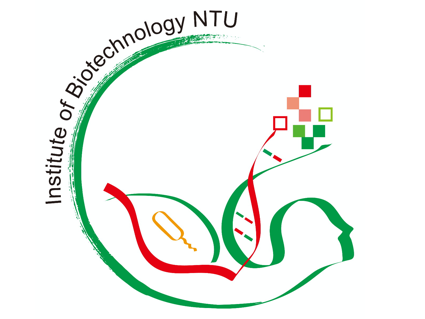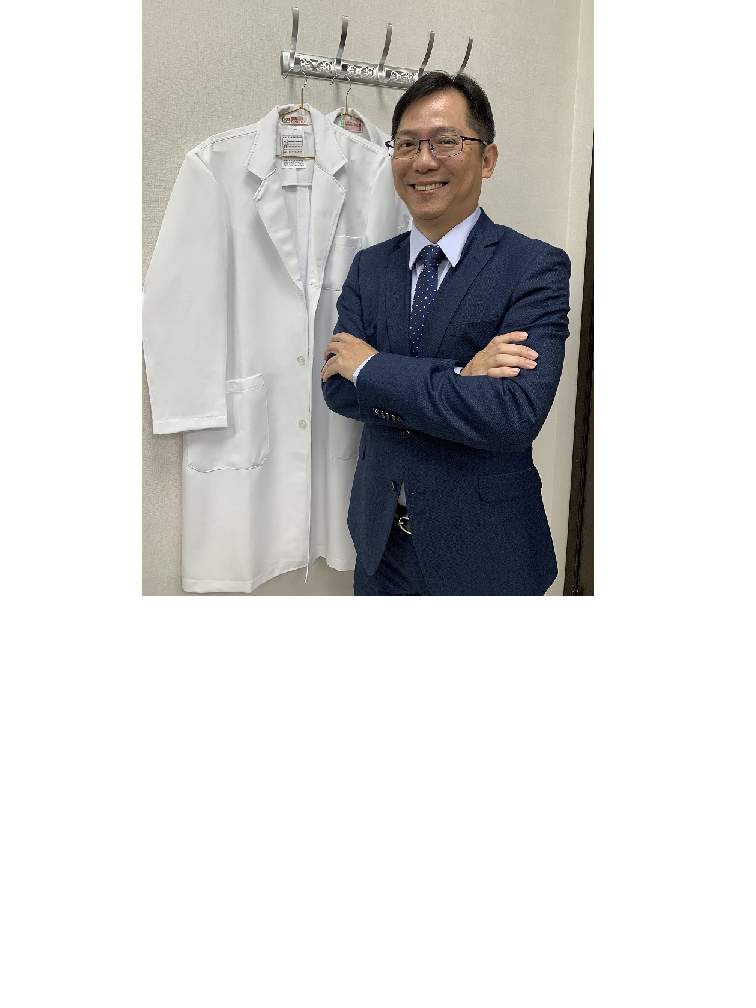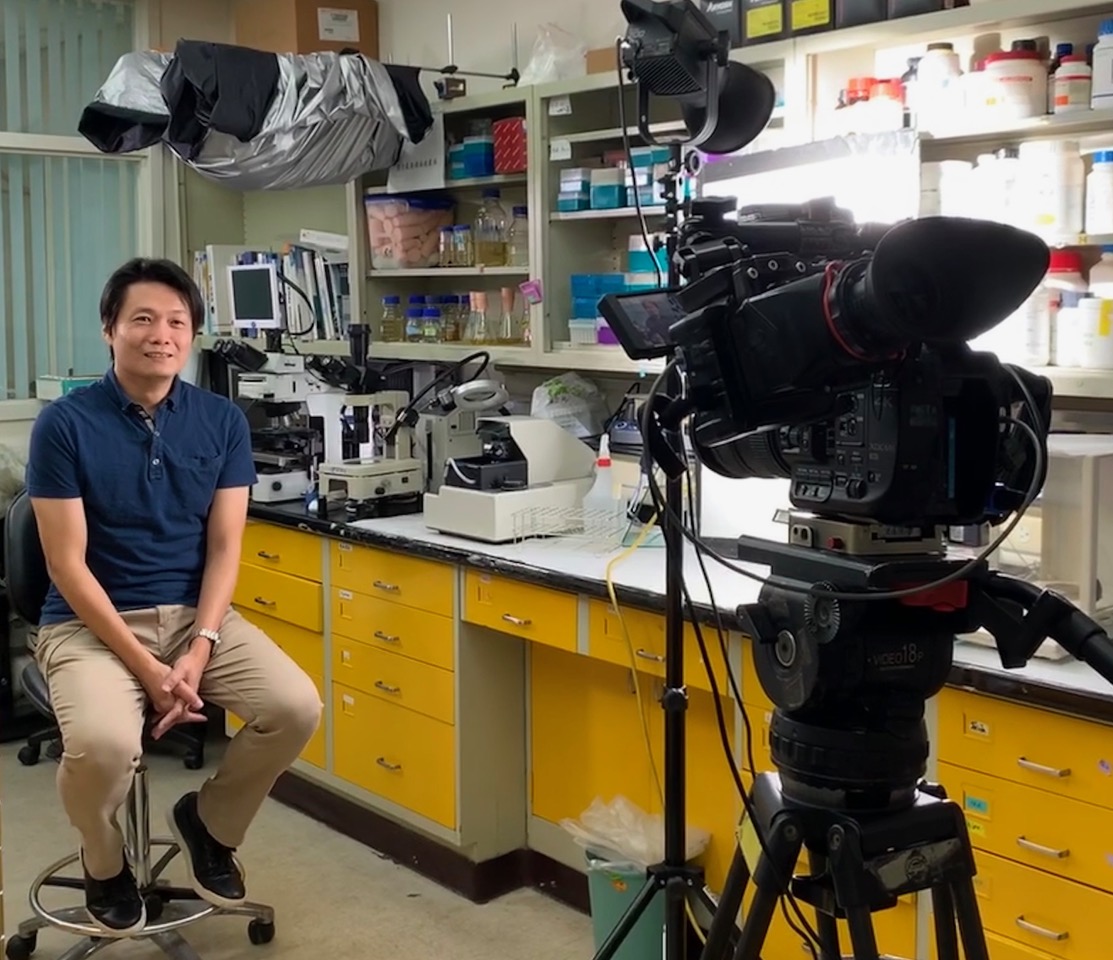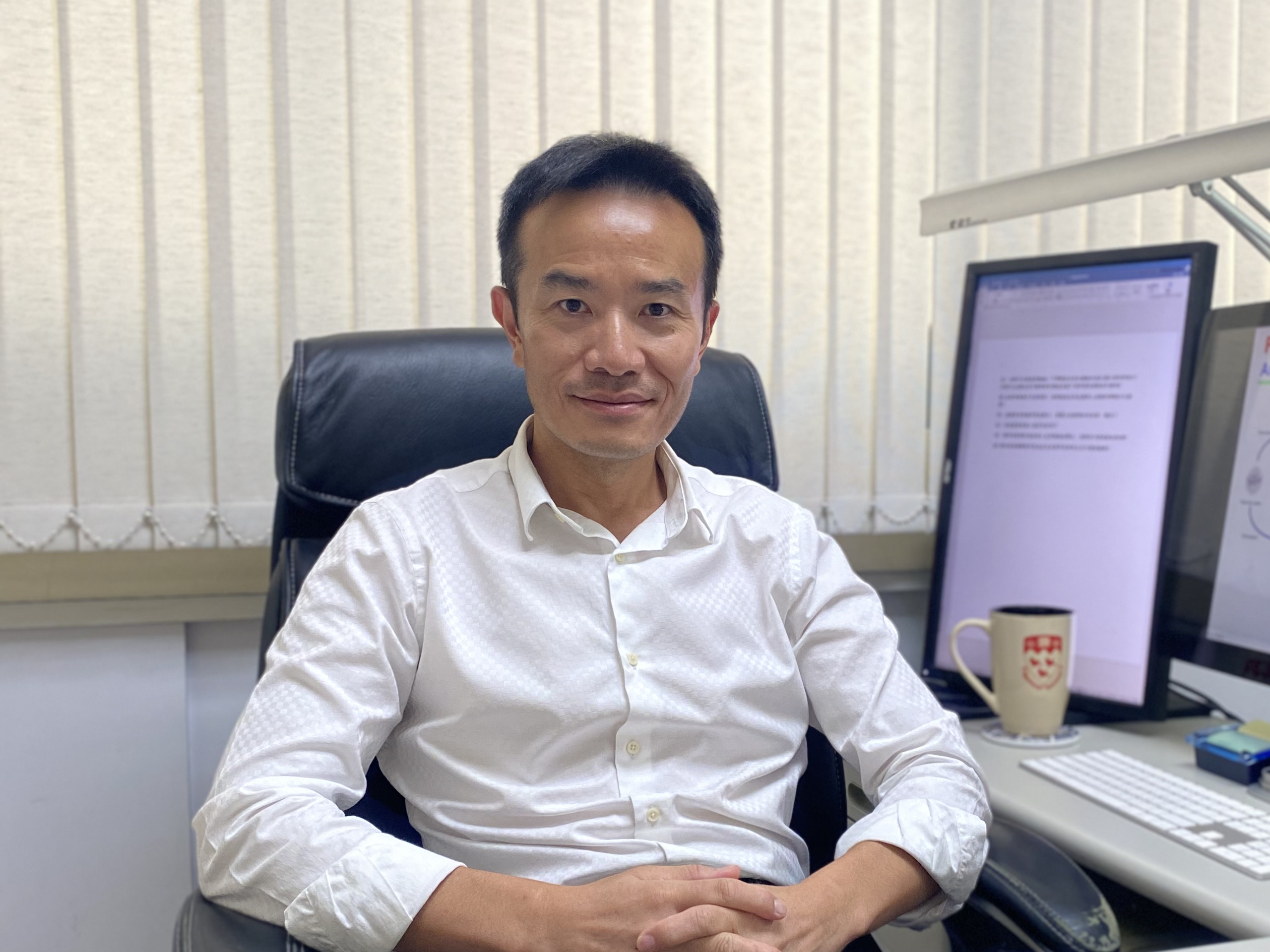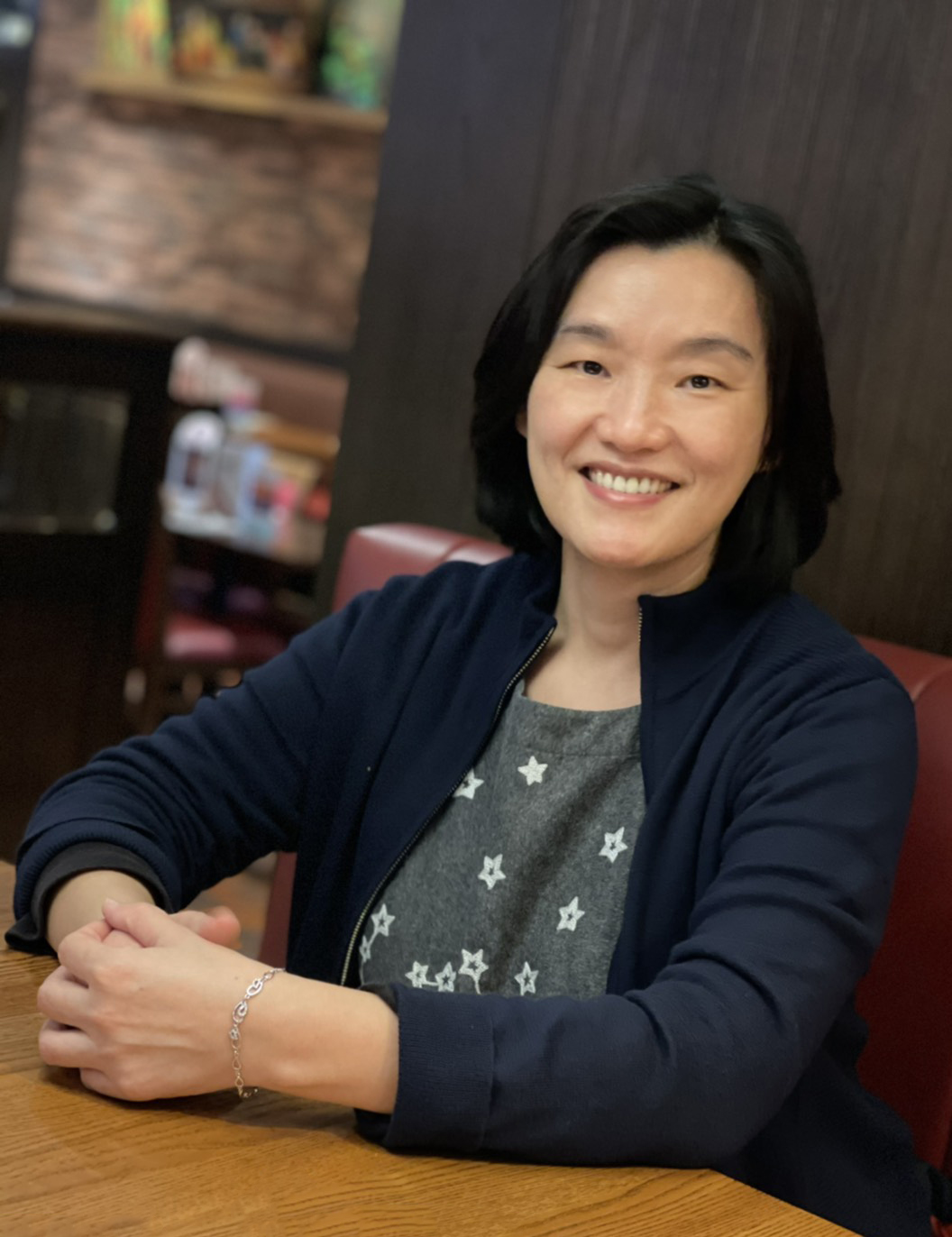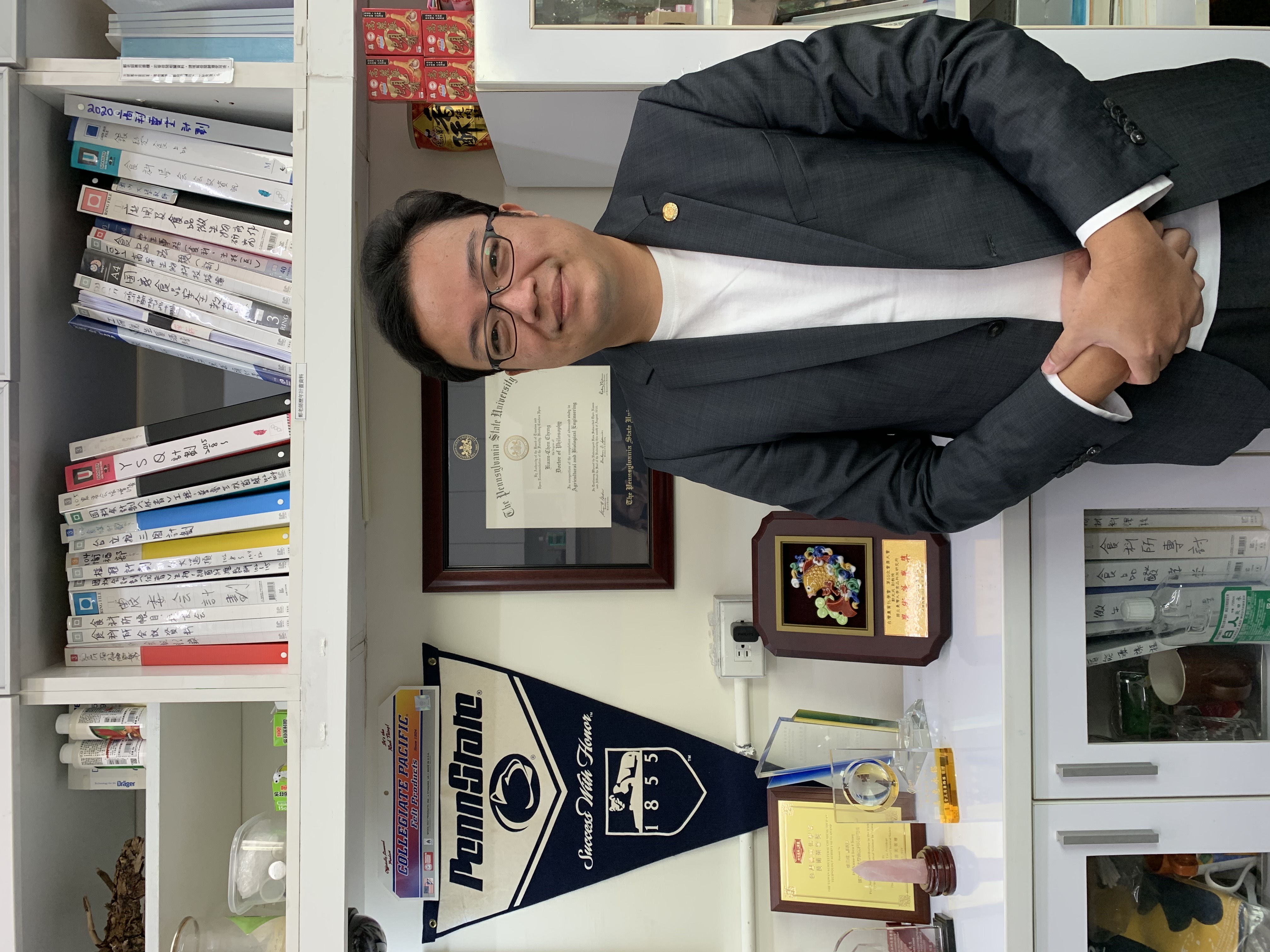Interview of Professor Chi-Te Liu
Today we invite Dr. Chi-Te Liu, an associate professor of the Institute of Biotechnology (IOB), to share his journey of research and development. Dr. Liu’s research interests focus on S.E.A, i.e. Symbiosis (Microbe-Plant interactions), Environmental microbiology, and Agricultural biotechnology. The current projects in his lab including (1) development of multifunctional PGPR agents (biofertilizers & biopesticides), (2) exploring the molecular mechanisms of plant-microbe interactions, (3) biodegradation of synthetic plastics, and (4) employing soil-based microbial batteries for sustainable agriculture and energy.Today we invite Dr. Chi-Te Liu, an associate professor of the Institute of Biotechnology (IOB), to share his journey of research and development. Dr. Liu’s research interests focus on S.E.A, i.e. Symbiosis (Microbe-Plant interactions), Environmental microbiology, and Agricultural biotechnology. The current projects in his lab including (1) development of multifunctional PGPR agents (biofertilizers & biopesticides), (2) exploring the molecular mechanisms of plant-microbe interactions, (3) biodegradation of synthetic plastics, and (4) employing soil-based microbial batteries for sustainable agriculture and energy.



